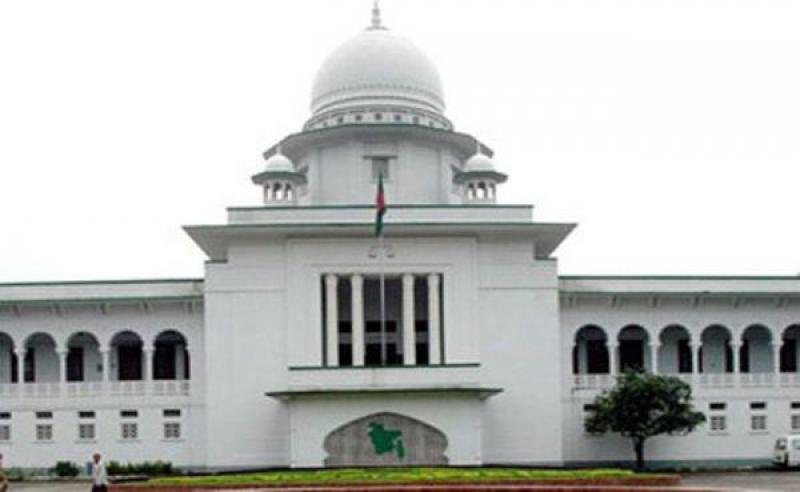 The discussion on who is going to be appointed as the next chief justice has taken centre stage since President Abdul Hamid accepted Surendra Kumar Sinha’s resignation earlier this week. Questions were raised about whether Sinha’s resignation had caused any constitutional void since a new chief justice is yet to be appointed. According to the Constitution, there has to be a prime minister, a parliament and a chief justice in the country. The Constitution, however, does not specify how long these positions can remain void.
The discussion on who is going to be appointed as the next chief justice has taken centre stage since President Abdul Hamid accepted Surendra Kumar Sinha’s resignation earlier this week. Questions were raised about whether Sinha’s resignation had caused any constitutional void since a new chief justice is yet to be appointed. According to the Constitution, there has to be a prime minister, a parliament and a chief justice in the country. The Constitution, however, does not specify how long these positions can remain void.
Sinha took over as the 21st chief justice of Bangladesh on January 17, 2015. He was the first non-Muslim to hold the post in the Muslim-majority country. His early steps to run the judiciary received praise, but Sinha later got embroiled in controversy. He faced the media more than any of his predecessors and his statements at times embarrassed the government and the ruling party. They also gave rise to controversies. Towards the end of his career, corruption allegations were brought against him.
Sinha left for Australia on October 13 on a 39-day leave. He did not return home after his leave ended but sent his resignation letter from Canada.
Supreme Court Bar Association President Zainul Abedin said as per the Constitution, the president would decide who would become the next chief justice.
Asked about the constitutional process of appointing a chief justice, Dr. Shahdeen Malik, a constitutional expert, pointed out that the constitution “only mentions that the president will appoint the chief justice.”
“The Constitution only says that there will be a prime minister, a parliament, (and) a chief justice in the country. It does not say anything about the duration of the void,” Malik said when asked if there was any timeframe to keep the chief justice’s post vacant after his resignation.
When Attorney General Mahbubey Alam was asked about the rules to appoint the chief justice, he pointed to the Constitution. “The constitutional provision is that the president will appoint the chief justice,” he said. “It depends on him [the president] who he will consult for that.”
Law Minister Anisul Huq said there was no need to do anything new in this situation. “The president will appoint the chief justice when he wants. As per Section 95 of the Constitution, appointing the chief justice is the president’s jurisdiction,” he said.


